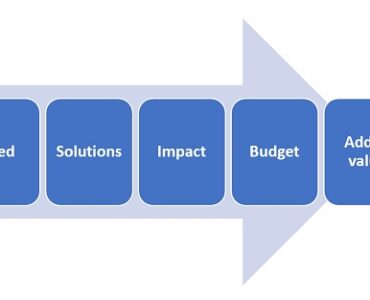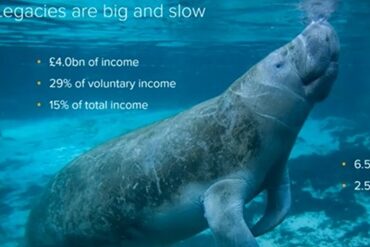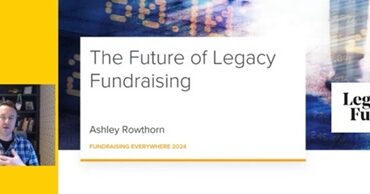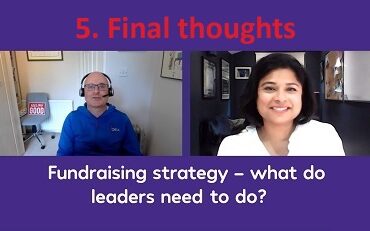
“Say it out loud. We are not alone” – day 2 at Institute of Fundraising North East conference
Executive summary: Another great day in regional fundraising conference land! I'm typing this blog on the train back from Newcastle to London so I can capture the learning for myself as soon as possible, and of course for you, dear readers. As usual, all the embedded tweets below lead to threads with more details from the respective presentations, if you click through.
First up, after another excellent plenary which had us out of our seats and jiggling about like nobody was watching, was Helen Duncan of University of Hull, talking about reflexivity and major donor fundraising.
Now on to Helen Duncan of University of Hull who is presenting on reflexivity (making the familiar strange) in relation to major gift fundraising. Interesting subject.#NEFRConf19 pic.twitter.com/rtenGT4mTT— Richard Sved (@richardsved) September 24, 2019
Helen is a great presenter, and I got a real sense of why she must also be an excellent fundraiser too, because she expertly built a rapport with her audience. I particularly liked her emphasis on listening to their motivations, rather than behaving like a fact spewing automaton when meeting supporters.
Then it was off to hear James Gadsby Peet, who delivered a powerhouse of a presentation on resilience. More matrixes than you can shake a stick at, plenty of academic and personal research, gravity and great humour abounded. Please click through and read at your leisure. I tried to capture as much as possible of it. James wasn't even put of




